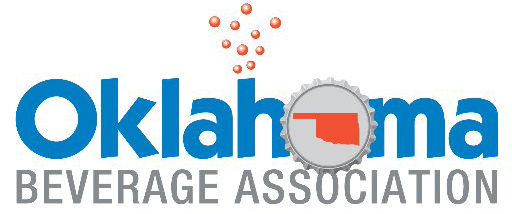FAQ: Everything you wanted to know about beverages
Why are soft drinks sometimes called “Pop”?
The name “Pop,” having special reference to flavored soda water in bottles, came into use about midway through the nineteenth century. It was used, for example, in the 1881 edition of Vol. III, A History of American Manufactures for 1608 to 1860 (J. Leander Bishop), in the classification “Mineral Waters and Pop” as heading for data on factories in various cities.
“Pop” came not from the composition of the product, but rather from the popping noise made when the gaseous pressure within the bottle was released, by removing the cork or other closure. The term has been generally associated with products on which the Hutchinson stopper or similar bottle closures were used, dating from about 1880. It’s use has continued with the crown cap, but the bottler’s preference for the term “Pop” has declined materially…..”
From “A History of the American Soft Drink Industry: bottled carbonated beverages, 1807-1957 by John J. Riley. Arno Press, 1972.
Where can I find market research on the beverage industry?
Beverage industry marketing and beverage industry merchandising information is available from beverage industry trade press, fee-based services and online services. The American Beverage Association (ABA) does not publish beverage industry market data.
I am looking for a particular beverage. Is it still being made? By whom?
Please consult americanbev.org Brands Index. Once you find the beverage brand, contact the company directly and inquire about the product. If you don’t find the beverage product there try Bevnet, Ifsandsbutts, Popsoda, Goodsoda, Realsoda or other similar web pages. For older beverage products that may not be made today, consult the resources listed in the Beverage Memorabilia section at americanbev.org .
How much caffeine is there in (fill in the blank)?
Please consult the Caffeine section of americanbev.org for information about the caffeine content of beverages. For general information on ingredients please visit the “Products” issue site. For information on a specific brand, please contact the beverage manufacturer directly.
What is a soft drink?
Soft drinks are distinguished from “hard drinks” or alcohol beverages, such as distilled spirits, beer, or wine. Soft drinks do not contain alcohol. Consumers can choose from a wide variety of beverages including regular carbonated beverages, diet and caffeine-free beverages, bottled water, juices, juice drinks, sport drinks, and ready-to-drink teas.
